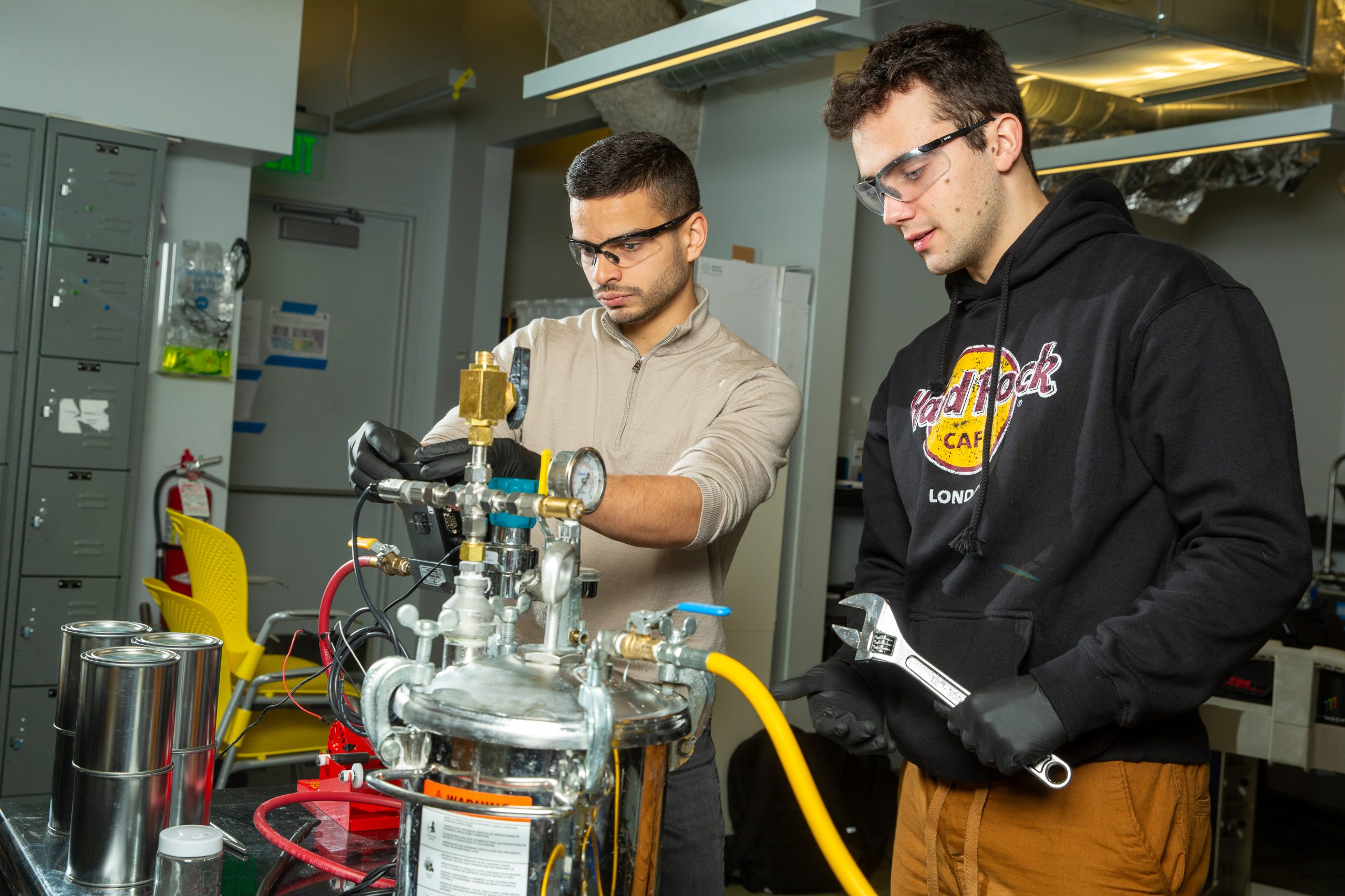Dressed in a protective bee suit on the base of Morava mountain in southeast Albania, 68-year-old Gezim Skermo had a wonderful declaration to make: “It’s been a golden year for bees.” At least, in Albania that is the case.
With factories and farms silenced by the coronavirus shutdown, Albania’s bees have been busier than ever, stirring excitement among farmers expecting an unparalleled honey harvest, thanks to a respite from pollution and pesticides. During his 50 years in beekeeping, Skermo says he has “never seen a season like this”, hailing it as “rebirth for nature and the bees”.
The beekeeper attributes the sudden buzz to the coronavirus measures which froze public and industrial life after Albania detected its first cases of the novel coronavirus in early March. In the area around Morava, the restrictions have brought quiet, cleaner air, and less pesticide-spraying from farmers who curbed production in the face of economic uncertainty.
The Morava farm normally produces between five and 15 tonnes of honey a year, in varieties ranging from white clover to pine, rapeseed, wild thyme, and chestnut, depending on which flowers are in season. This year Morava’s beekeepers are planning to start collecting the sweet stuff earlier than normal in order to make two harvests instead of one. It is a huge turnaround from the devastation of 2016 and 2017 when 40 percent of Albania’s hives collapsed and losses topped 60 million euros.
Out of superstition, Skermo refuses to give specific figures from how much honey will be produced this season. But he insists the yield will be abundant and of the highest quality. “While people have been shut up at home, the bees have not been confined,” he said. “They have been working very hard.”












